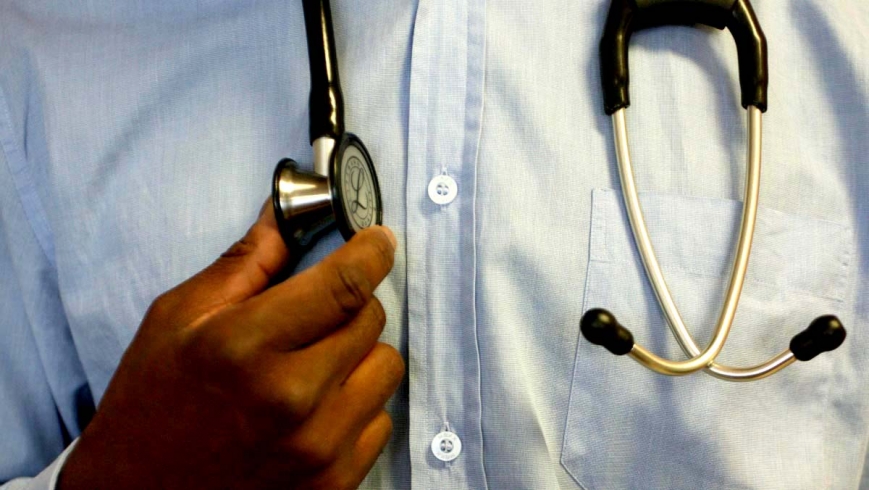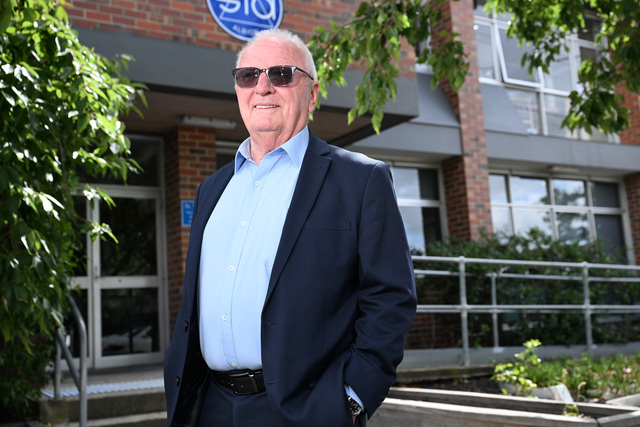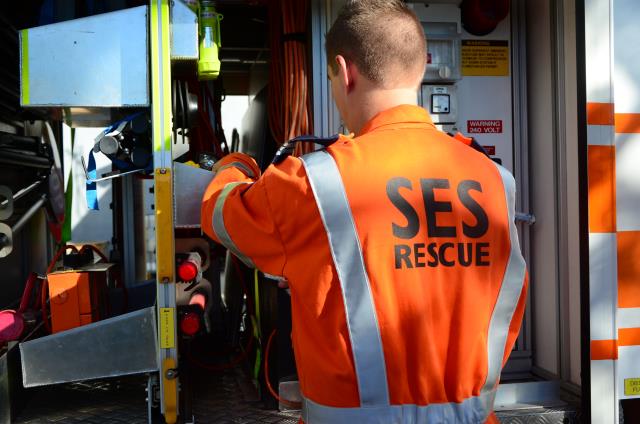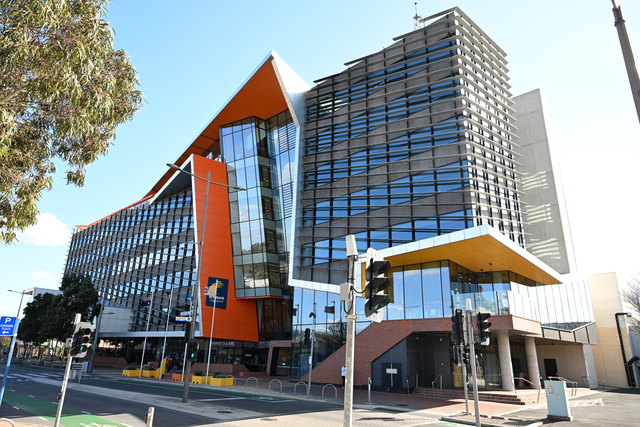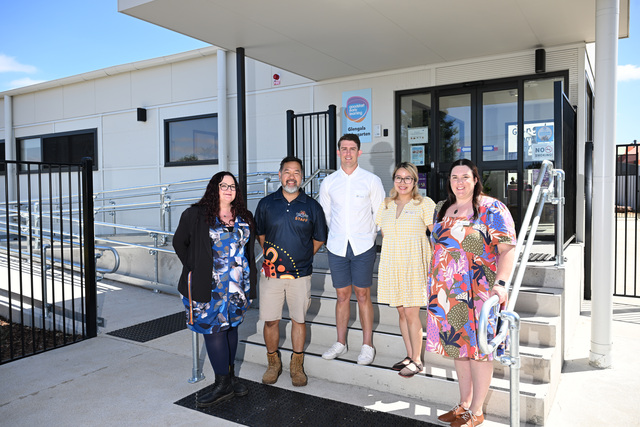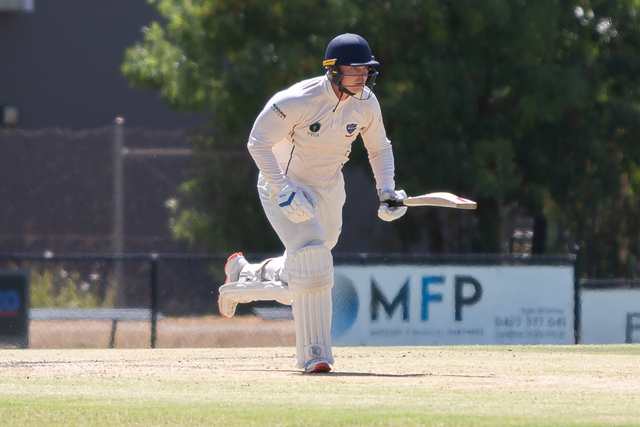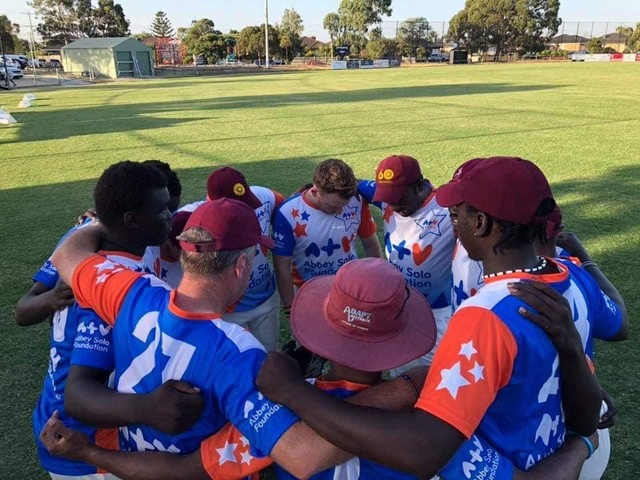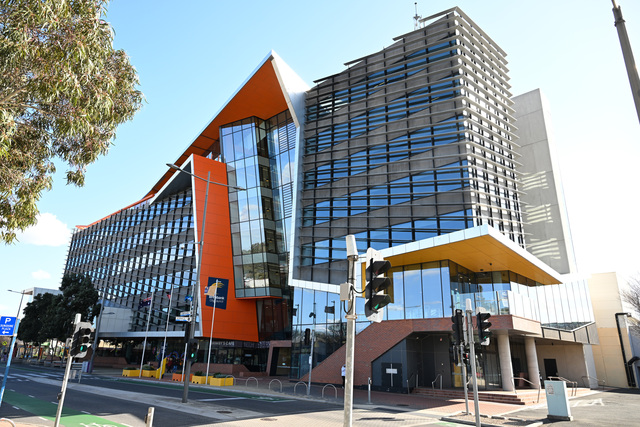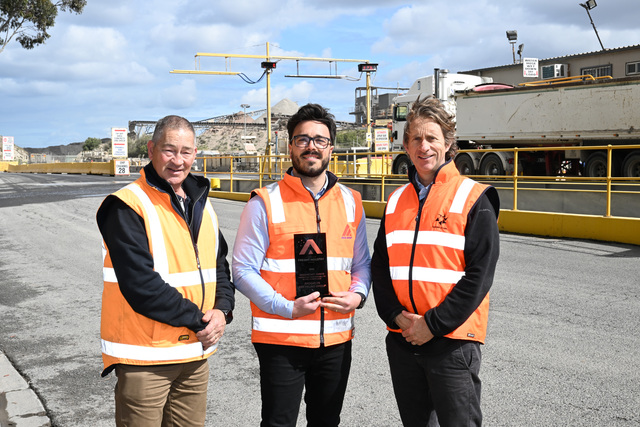Sunshine Hospital is seeing three times the national average of gestational diabetes patients, and researchers are hoping to fill a gap in educating expectant mums on preventing and managing the condition.
About 5 per cent of pregnant women in Australia develop gestational diabetes. In Melbourne’s west the figure jumps to 15 per cent.
Sunshine Hospital’s maternal health researchers and diabetes educators hope a newly devised multi-lingual education program will help tackle the problem.
Leading midwifery researcher and project co-ordinator Professor Mary Carolan-Olah said the higher number of affected women in the west could be due to the culturally and linguistically diverse patients who lack information on the condition, which is marked by high blood glucose levels.
“Large numbers of women from Indian and south Asian ethnicities typically record higher rates of the disease,” Professor Carolan-Olah said.
“This challenge is further compounded by cultural and linguistic barriers, and sometimes poor health literacy, which makes communicating how to manage gestational diabetes a difficult and growing challenge.”
Gestational diabetes can lead to long-term problems if not addressed during pregnancy. While blood glucose levels often return to normal after childbirth, failure to reduce excess weight increases the mother’s risk of developing type 2 diabetes, and may increases the child’s risk of developing obesity and type 2 in later life. The likelihood of future problems is drastically reduced if the condition is well treated.
With support from Diabetes Australia Research Trust and the Ian Potter Foundation, the researchers have created and tested an educational guide in English, Vietnamese, Cantonese and Hindi.
Professor Carolan-Olah said the guide explained the condition, as well as tips on food choice and preparation.
Recommendations for healthy recipes and shopping lists are tailored to various cultural groups. “The women surveyed said the simple information helped them make sense of gestational diabetes and gave them practical steps to help them manage,” Professor Carolan-Olah said. “As well as finding it extremely useful they said it allayed their anxieties of not being able to do anything about the condition for themselves or their baby.”
The resource will eventually be online for all of Sunshine Hospital’s gestational diabetes patients. “The program’s message is that it’s not the end of the world with gestational diabetes; if you stick to the diet and exercise plan your diabetes will be much easier to manage.”
More details at www.vu.edu.au/research/cch

